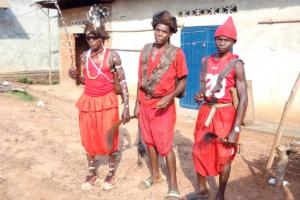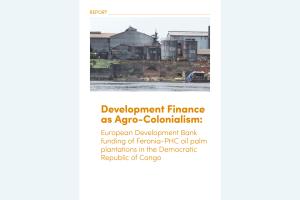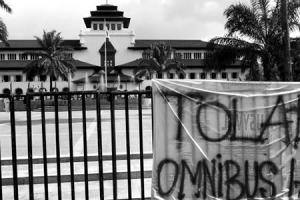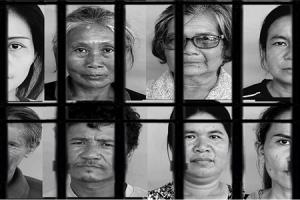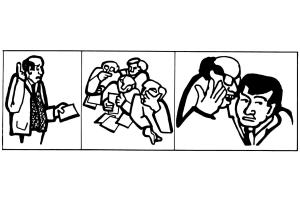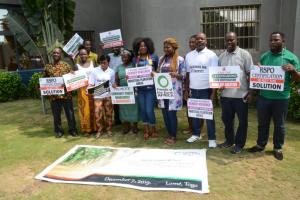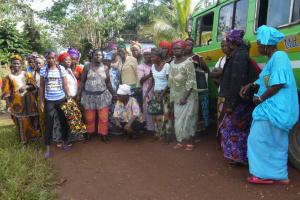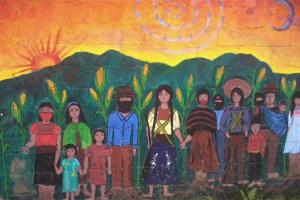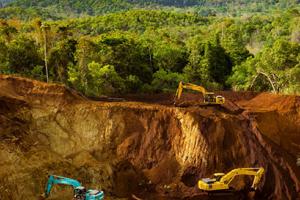RIAO-RDC and international NGOs calls for the immediate release of community leaders and villagers from the communities of Mwingi, Bolesa and Yanongo who were arrested after a peaceful protest against the palm oil company PHC. An urgent action alert is open to sign-ons.
Large-Scale Tree Plantations
Industrial tree plantations are large-scale, intensively managed, even-aged monocultures, involving vast areas of fertile land under the control of plantation companies. Management of plantations involves the use of huge amounts of water as well as agrochemicals—which harm humans, and plants and animals in the plantations and surrounding areas.
Action alerts
18 February 2021
Publications
5 February 2021
The report details abuses faced by communities affected by industrial oil palm plantations managed by the Congolese company Plantations et Huileries du Congo (PHC).
Bulletin articles
14 January 2021
Patriarchal oppression is inseparable from the industrial plantation model, and it is at the base of how companies generate profits. Companies target women, including due to their fundamental role in community life.
Bulletin articles
14 January 2021
Land grabbing in Brazil is a clear example of organized crime, of land theft from small farmers.
Bulletin articles
14 January 2021
The government of Indonesia endorsed the criticized Omnibus Law by saying that it is “crucial to attract investment and ultimately create jobs.” The Law is a direct attack on the territories and communities resisting the increasing destruction that has been ongoing for decades in Indonesia. (Available in Indonesian).
Bulletin articles
14 January 2021
How are forest crimes defined? In Thailand, forest-dependant communities, rather than the government and companies carrying out large-scale deforestation, became scapegoats for this destruction. (Available in Thai).
Bulletin articles
14 January 2021
The RSPO certification scheme used the palm oil industry’s legitimacy crisis to strengthen the terrain to the industry’s own advantage by issuing certificates that supposedly guarantee sustainability standards. Standards that are run by and for companies related to the palm oil sector.
Other information
14 January 2021
Friends of the Earth organised the First session of the African Peoples Tribunal in Lagos, Nigeria, in November 2020. Affected communities and civil society presented testimonies on cases of human rights violations and environmental degradation connected with monoculture tree plantations from ten countries across Africa. In all cases, development banks, private banks, investment funds and pension funds from all corners of the world were found to be controlling and financing the controversial rubber, palm oil and timber plantation companies.
Multimedia
24 November 2020
The video “NO to violence against women and girls living in and around oil palm plantations” denounces the violence against women in West and Central Africa whose lands have been invaded by industrial oil palm plantations.
Bulletin articles
17 November 2020
WRM spoke with close allies from Brazil, Gabon, India, Mexico and Mozambique, to hear from them and learn about their understandings of development.
Bulletin articles
17 November 2020
Why haven't Africa's post-colonial governments dismantled the colonial plantation model of exploitation and extraction, returned the lands to their people and emboldened a resurgence of Africa's diverse, local food and farming systems?
Bulletin articles
17 November 2020
How does REDD+ fit into the development agenda in Indonesia? What are the actors involved in promoting REDD+ and with which interests? (Available in Indonesian).
